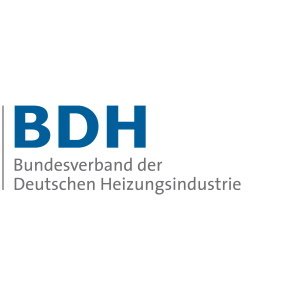56 percent of the total of approx. 21 million heating systems installed in Germany are technically outdated and therefore insufficiently efficient. This is the central result of the surveys that the Federal Association of Chimney Sweepers (ZIV) and the Federal Association of the German Heating Industry (BDH) carry out annually.
“Over half of the heating systems are 20 years old and older. We should point out to our customers that these systems are now to be regarded as energetically inefficient,” says Oswald Wilhelm, President of the ZIV.
Integrating renewable energies
Only 5.1 million gas or oil condensing boilers and systems that integrate renewable energies are state-of-the-art
Only 5.1 million gas or oil condensing boilers and systems that integrate renewable energies are state-of-the-art. This applies to around 0.9 million biomass boilers, one million heat pumps, and 2, 4 million condensing boilers in combination with a solar thermal system.
"A look at the existing system makes it clear that the urgently needed turnaround in heating is still a long way off," comments BDH President Uwe Glock. "In terms of climate protection and the achievement of climate targets, the enormous potential of the heating market must be accelerated."
Greenhouse gas emissions
The federal government's climate protection plan stipulates that greenhouse gas emissions in the building sector must be reduced from 119 million tons (the reference year 2014) to 72 million tons by 2030. As part of the EU's Green Deal, these goals may be tightened further.
Against this background, the federal government simplified and increased funding for efficient heating systems as part of the climate package at the beginning of the year. "The new funding is showing the first positive market effects," explains BDH Managing Director Andreas Lücke. “We need reliable funding for the funding programs decided by KfW and BAFA. A subsidy stop would abruptly interrupt the currently positive market trend,” added Lücke.



















